The list of EXCELLENT BOOKS WHAT I READ THIS YEAR:
The Arsonist: A Mind on Fire by Chloe Hooper, an investigation into the horrific Black Saturday bushfires of Australia in 2009, which killed 173 people, and a perceptive, disqueiting look at the peculiar man convicted of lighting them.
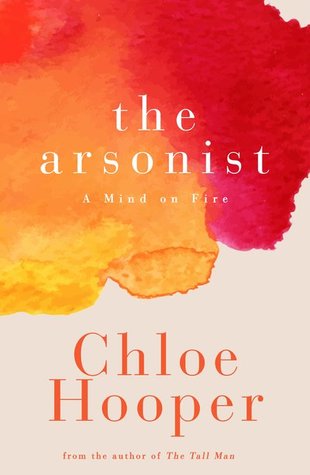
Murmur by Will Eaves: Alan Turing, consciousness, AI, love... It was very nice, if unexpected, of Eaves to write a book just for me; all the rest of you with any taste will love it too. Published by the great @CBeditions; a US edition comes out next year.
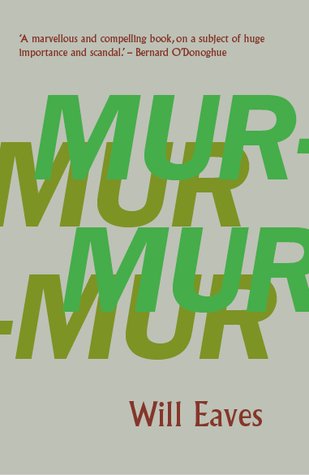
Other Minds: The Octopus and the Evolution of Intelligent Life by Peter Godfrey-Smith: one of the most purely interesting books ever written. Hard to do it justice, but if this piece doesn't intrigue you, you must be dead.

The Cost of Living by Deborah Levy: brilliant personal essays, the second volume in a series that doesn't require you to have read the first. Levy's having a renaissance after @andothertweets brought out "Swimming Home", and it's hard to think of a writer who deserves it more.

I think that's the lot. I just have to make sure I only read crap for the next two-and-a-bit weeks so that I don't have to add to this list.







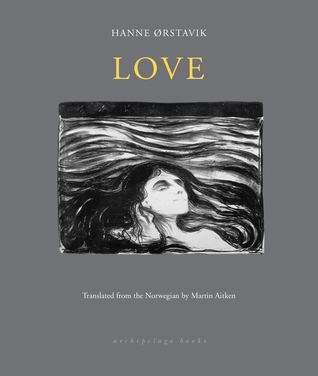






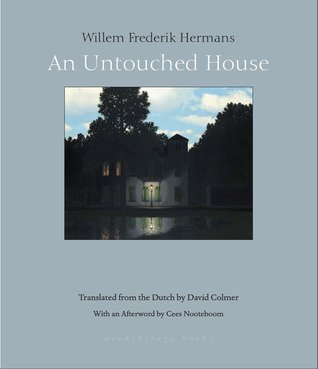












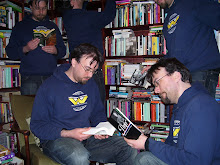


No comments:
Post a Comment